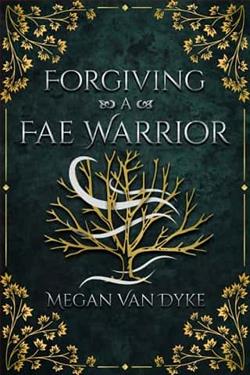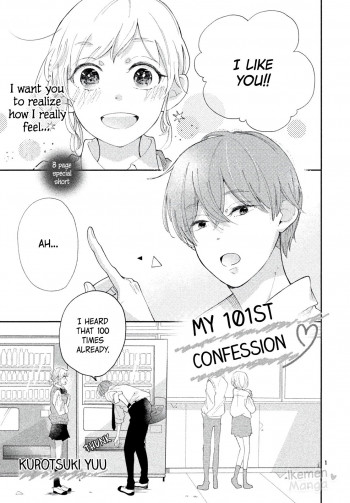Martial Peak Reviews
Megan Van Dyke's novella, Forgiving a Fae Warrior, serves as a companion piece to her Courts of Faery series, specifically following the events of Bound to the Fae King. This narrative choice immediately sets the stage for a story that is deeply intertwined with the existing lore and character arcs established in the previous books. As such, it is crucial for readers to have completed the second book to fully appreciate the nuances and emotional depth of this novella.
The central theme of Forgiving a Fae Warrior revolves around redemption and forgiveness, both of oneself and from others. Galen, the protagonist, is portrayed as a character in turmoil, desperate to atone for past mistakes. His journey is not just a physical one back to the Court of the Forest but also an emotional and psychological odyssey. Van Dyke skillfully explores the complexities of guilt and the arduous path to self-forgiveness, making Galen's character arc both compelling and relatable.
Character development is one of the novella's strongest suits. Galen is a well-rounded character whose internal struggles are depicted with sensitivity and depth. His desperation to redeem himself is palpable, and Van Dyke does an excellent job of making the reader empathize with his plight. The introduction of a new friend, whose life becomes endangered due to Galen's actions, adds another layer of complexity to the narrative. This relationship serves as a catalyst for Galen's growth, forcing him to confront the consequences of his actions and the impact they have on those around him.
Van Dyke's writing style is both lyrical and immersive, drawing readers into the enchanting world of the fae. Her descriptions of the Court of the Forest are vivid and evocative, painting a picture of a realm that is both beautiful and perilous. The author's ability to blend fantasy elements with emotional realism is commendable, creating a story that is as much about the fantastical world as it is about the human condition.
One of the novella's most significant achievements is its exploration of the theme of forgiveness. Van Dyke delves into the idea that forgiveness is not a simple or singular act but a process that requires time, understanding, and empathy. This is reflected in Galen's interactions with other characters, particularly the woman he loves. Their relationship is fraught with tension and unresolved issues, making the path to reconciliation all the more challenging and rewarding.
In comparison to other fantasy novellas, Forgiving a Fae Warrior stands out for its focus on character-driven storytelling. While many fantasy stories prioritize world-building and plot over character development, Van Dyke strikes a balance that allows for both. Her characters are not mere archetypes but individuals with distinct personalities and motivations, making their journeys all the more engaging.
For readers who enjoy the works of authors like Sarah J. Maas or Holly Black, Van Dyke's novella offers a similar blend of romance, intrigue, and fantasy. However, where Maas and Black often focus on epic narratives and complex political machinations, Van Dyke's story is more intimate, centering on personal redemption and the power of forgiveness. This makes Forgiving a Fae Warrior a refreshing addition to the genre, offering a more introspective take on the fae mythos.
Overall, Forgiving a Fae Warrior is a beautifully crafted novella that will resonate with fans of the Courts of Faery series and newcomers alike. Its exploration of redemption and forgiveness is both poignant and thought-provoking, making it a worthy companion to the main series. Megan Van Dyke has once again proven her ability to create a captivating world filled with complex characters and emotional depth, leaving readers eager for more.
In conclusion, if you are looking for a fantasy novella that combines rich world-building with a heartfelt exploration of human emotions, Forgiving a Fae Warrior is an excellent choice. Its themes of redemption and forgiveness are universal, making it a story that will linger in the minds of readers long after they have turned the final page.
























Reviews 0
Post a Reviews: